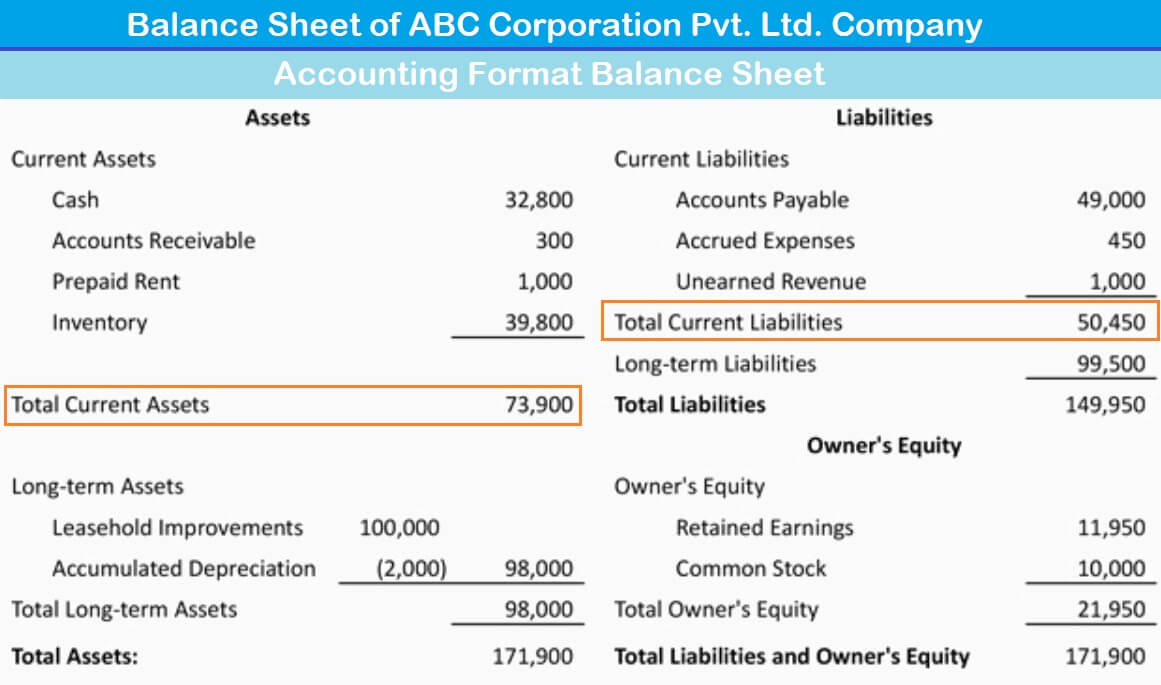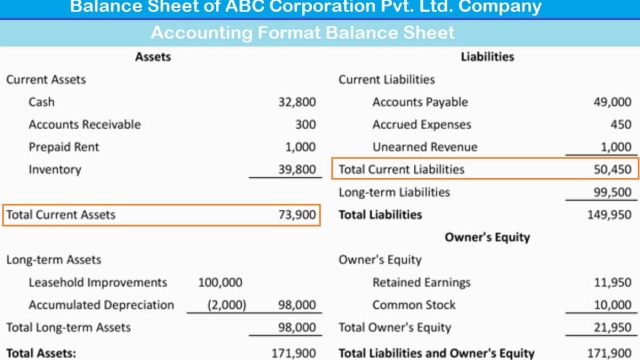Trading, a fundamental aspect of the financial world, has undergone a remarkable transformation with the rise of online platforms. The accessibility and convenience offered by online trading have opened the doors for individuals to partake in this once exclusive domain. But how does this phenomenon actually work? In this article, we will delve into the art of trading and unravel the secrets to success in the world of online trading finance. So, fasten your seatbelts and get ready to embark on a journey that will demystify the intricacies of online trading and empower you to navigate the markets with confidence and precision. Let’s dive in!
Understanding Online Trading Platforms
In today’s digital age, online trading has revolutionized the way we buy and sell financial assets. With just a few clicks, investors can participate in the global financial markets and potentially profit from various instruments like stocks, currencies, or commodities. But how does online trading actually work? Let’s dive into the world of online trading platforms.
-
Accessible and User-Friendly: Online trading platforms serve as the virtual bridge that connects traders to the markets. These platforms are usually web-based or mobile applications offered by brokerage firms or financial institutions. They provide users with a convenient way to access real-time market data, execute trades, and monitor their investment portfolios.
-
Market Access and Order Execution: Online trading platforms enable traders to buy or sell financial assets electronically. Through these platforms, investors gain direct access to the markets, eliminating the need for intermediaries. Traders can place market orders to buy or sell assets at the prevailing market prices or use limit orders to specify the desired price levels at which they want to execute their trades.
-
Real-Time Information and Analysis Tools: Online trading platforms offer a wealth of market information and analysis tools to traders. Users can access real-time price quotes, historical charts, and technical indicators to analyze market trends and make informed trading decisions. Additionally, many platforms provide news feeds and research reports to keep traders updated on market developments and help them stay ahead of the curve.
In conclusion, online trading platforms have empowered individuals to take control of their financial investments. By understanding how these platforms work and leveraging the available tools, traders can navigate the complex world of finance from the comfort of their own screens. So, whether you are a novice or an experienced trader, embracing online trading can unlock new opportunities and potentially pave the way for financial success.
The Basics of Online Trading
In the fast-paced world of finance, online trading has become an essential tool for individuals looking to participate in the stock market and other financial markets. With just a few clicks, anyone can buy and sell assets, monitor market trends, and potentially profit from their investments. But how does online trading actually work? Let’s delve into the basics.
Firstly, online trading allows investors to trade financial instruments, such as stocks, bonds, commodities, and currencies, through an internet-based platform provided by brokerage firms. These platforms serve as the gateway to the financial markets, giving traders access to a wide range of assets and investment opportunities.
To begin trading online, one typically needs to open an account with a brokerage firm. This involves providing personal information, financial details, and agreeing to certain terms and conditions. Once the account is set up, traders can deposit funds into their account and start placing trades.
The actual process of executing trades online varies slightly depending on the platform and the type of asset being traded. Generally, traders can search for the asset they wish to trade and enter the quantity and price at which they want to buy or sell. The trade is then sent to the market for execution, and if the order is filled, the trader becomes the owner of the asset or receives the proceeds from the sale.
Online trading has revolutionized the way individuals participate in financial markets. It provides convenience, accessibility, and real-time information at the tip of our fingers. However, it is important to note that trading involves risk, and individuals should educate themselves about the markets and make informed decisions when engaging in online trading.
Overall, online trading has opened up new doors for investors, allowing them to participate in the world of finance with ease. With the right knowledge and strategy, online trading can be a powerful tool for individuals looking to grow their wealth and achieve financial success.
Strategies for Successful Online Trading
-
Stay Informed: One of the key strategies for successful online trading is to stay informed about current events, market trends, and financial news. Regularly keeping up with the latest information can help you make more informed decisions and identify promising investment opportunities. Utilize reliable news sources, market analysis tools, and expert opinions to stay ahead in the ever-changing world of online trading.
-
Set Clear Goals: Setting clear goals is essential for successful online trading. Define your financial objectives and determine the level of risk you are willing to take. Having a well-defined plan will help you stay focused and avoid impulsive trades driven by emotions. By setting specific targets for profit and loss, you can effectively manage your trades and evaluate your performance over time.
-
Practice Risk Management: Risk management is crucial when it comes to online trading. Implementing risk management strategies, such as setting stop-loss orders and diversifying your portfolio, can help protect your capital from significant losses. It is important to carefully analyze and assess potential risks before making any trade, considering factors such as volatility, liquidity, and market conditions.

Remember, each individual’s trading style and preferences may vary, so it is essential to adapt these strategies to suit your own needs and circumstances. With continuous learning, experience, and discipline, you can enhance your chances of success in the world of online trading.

